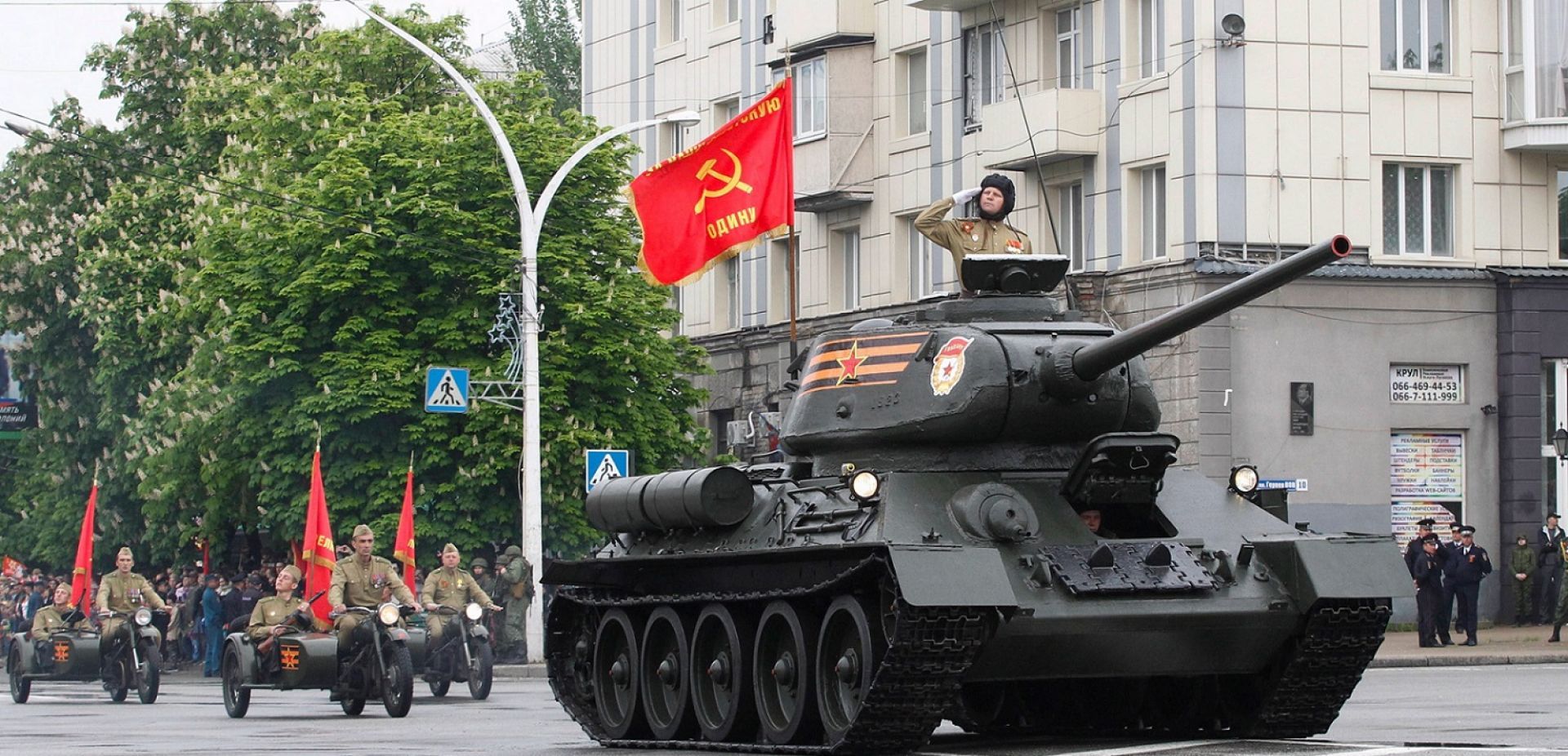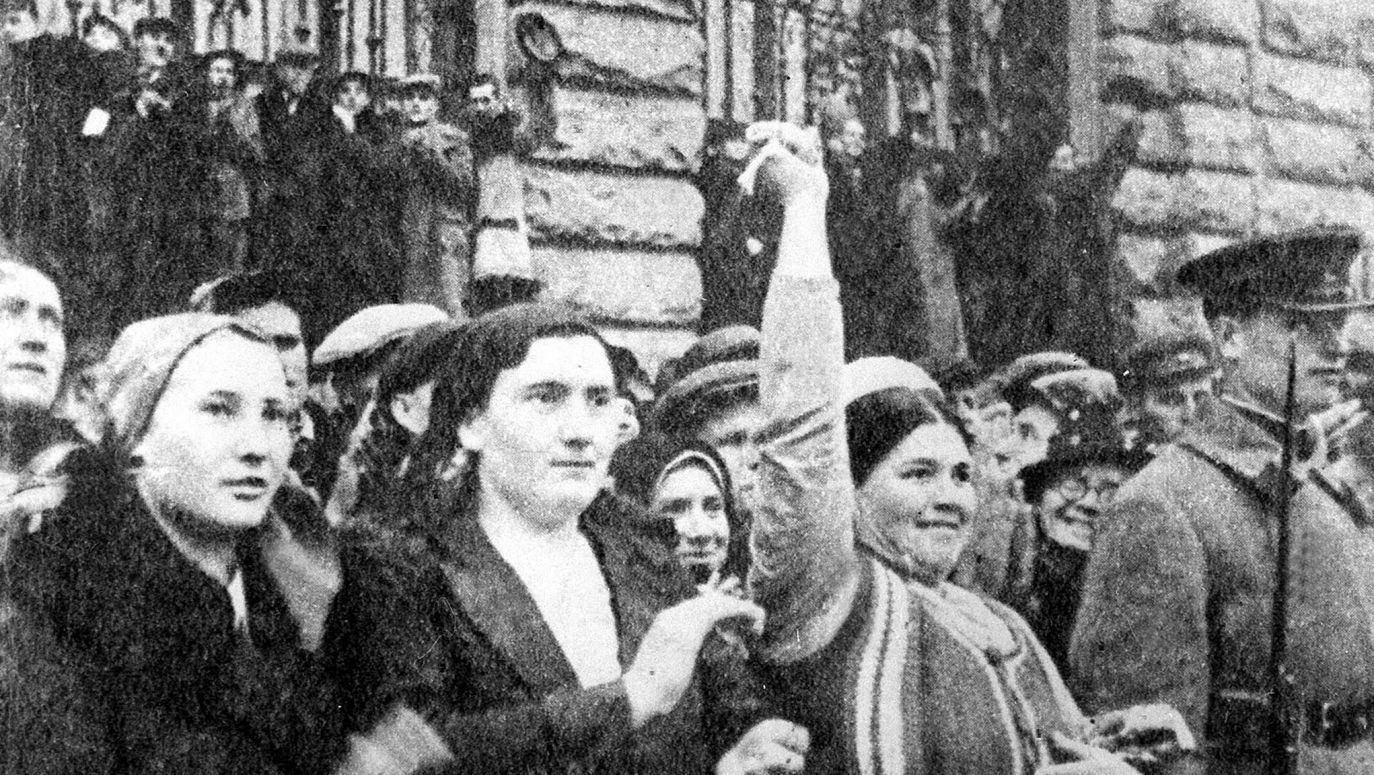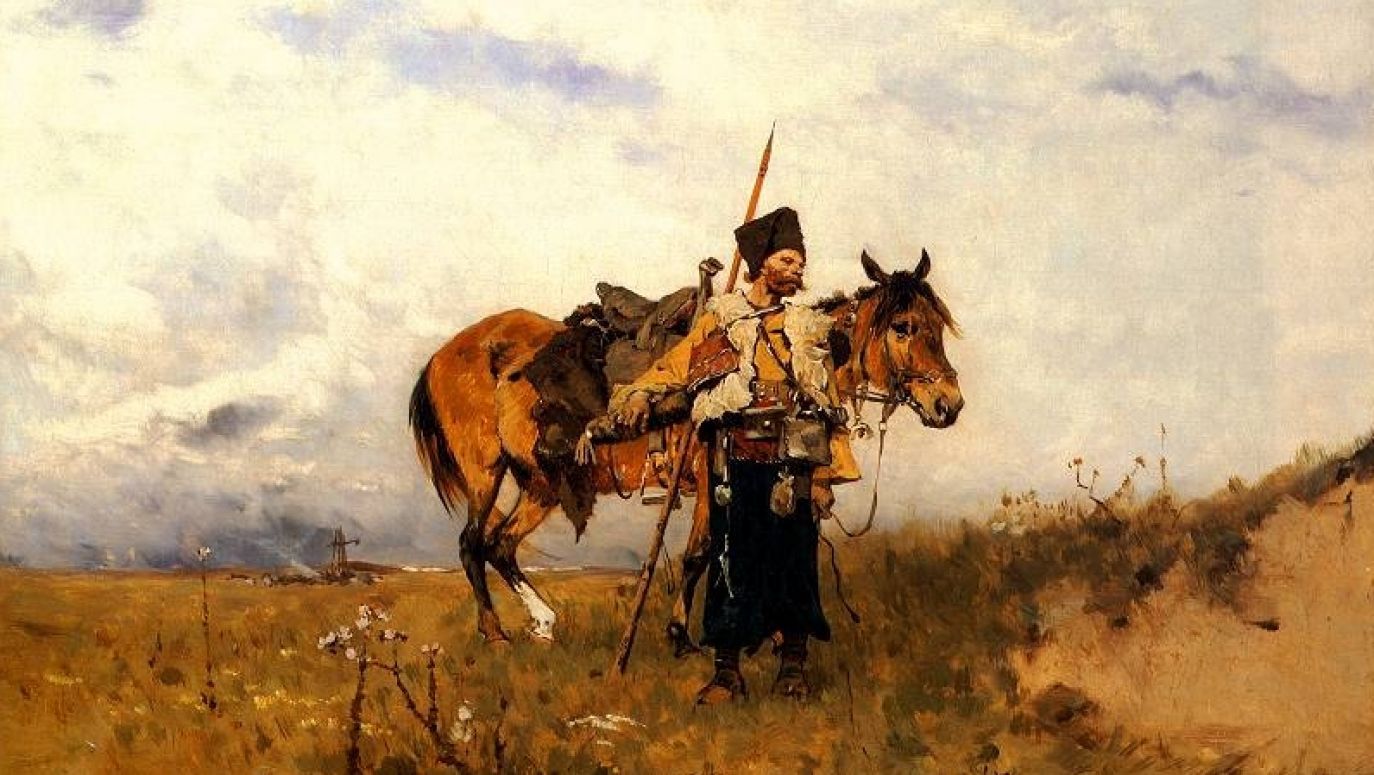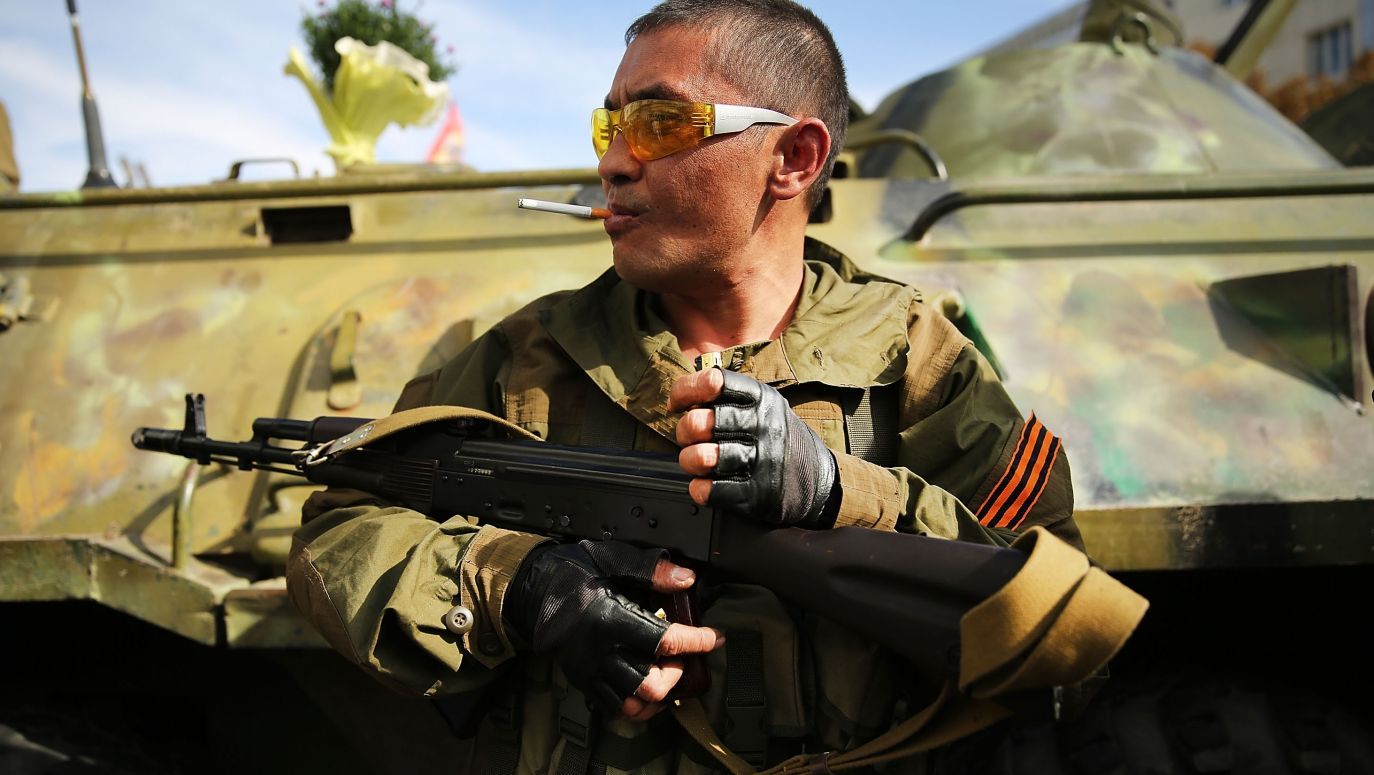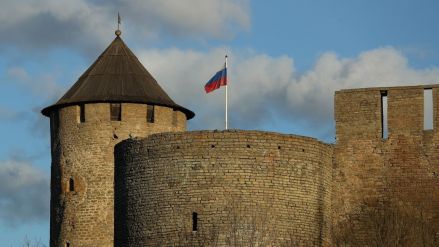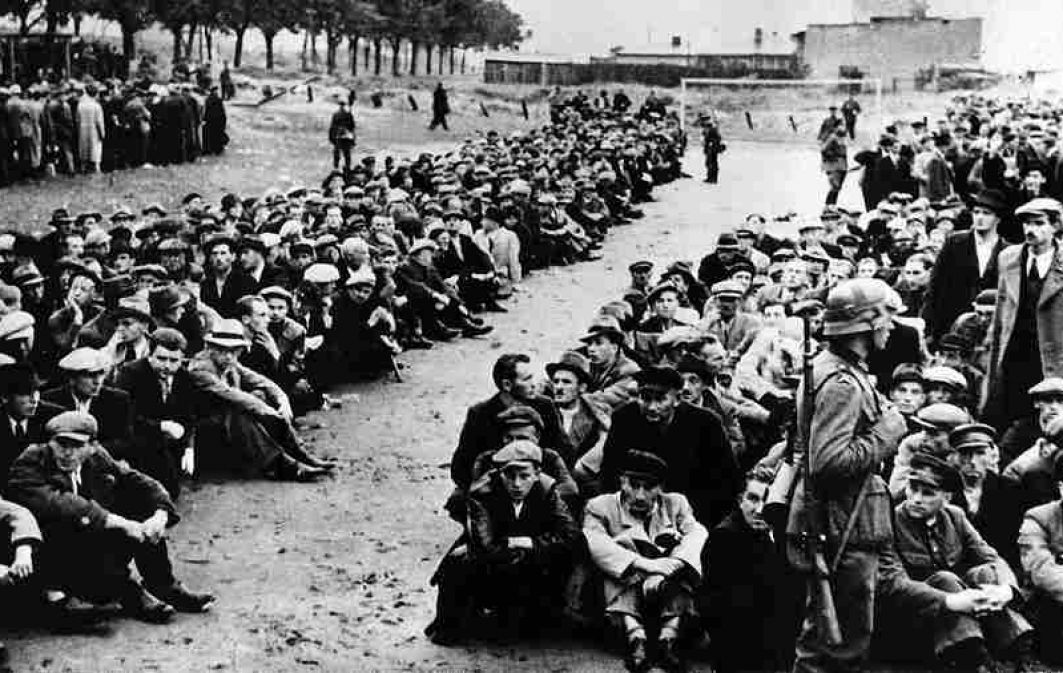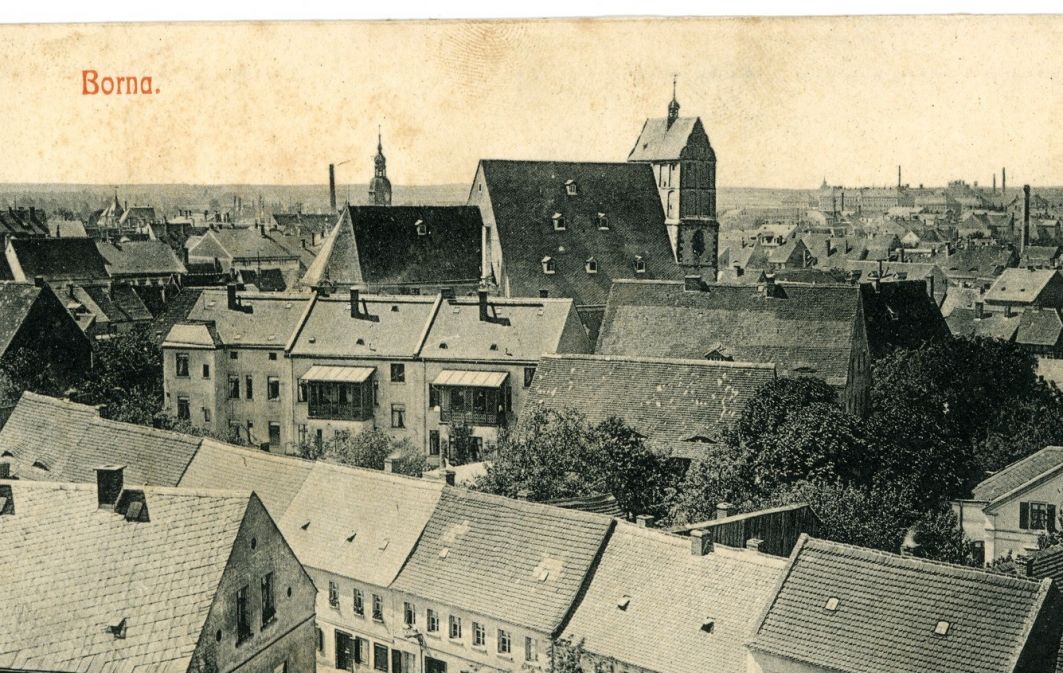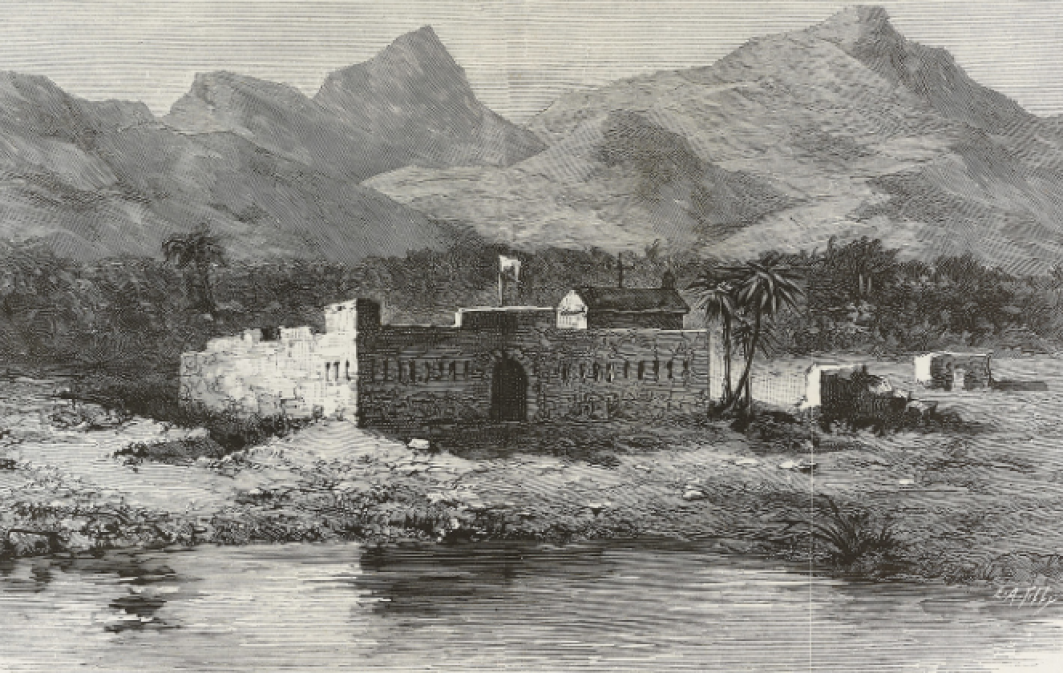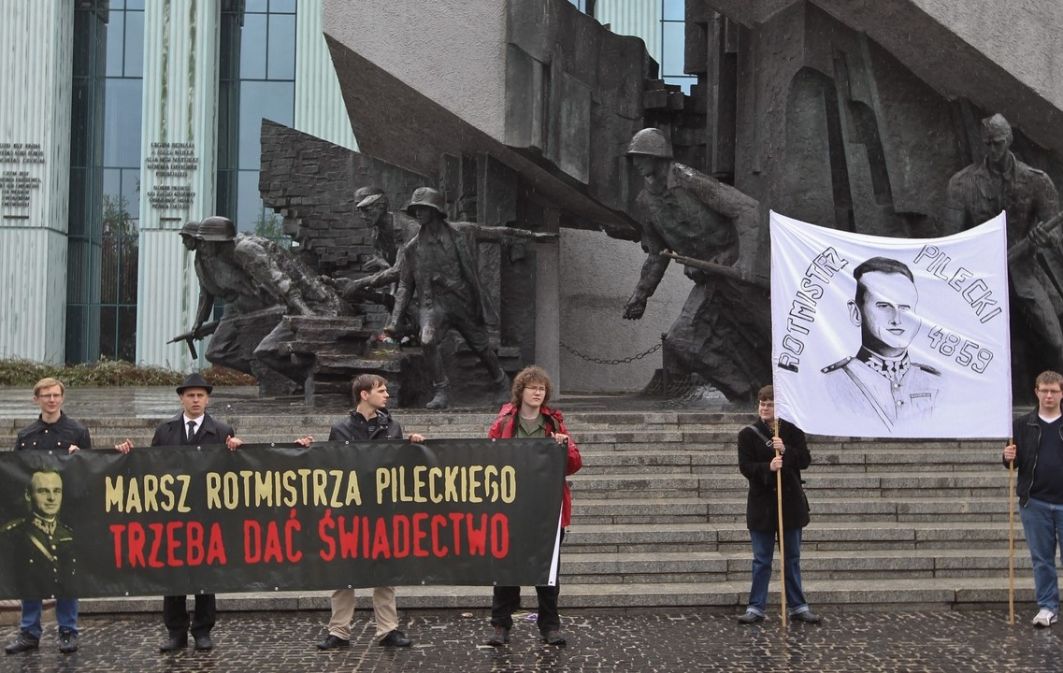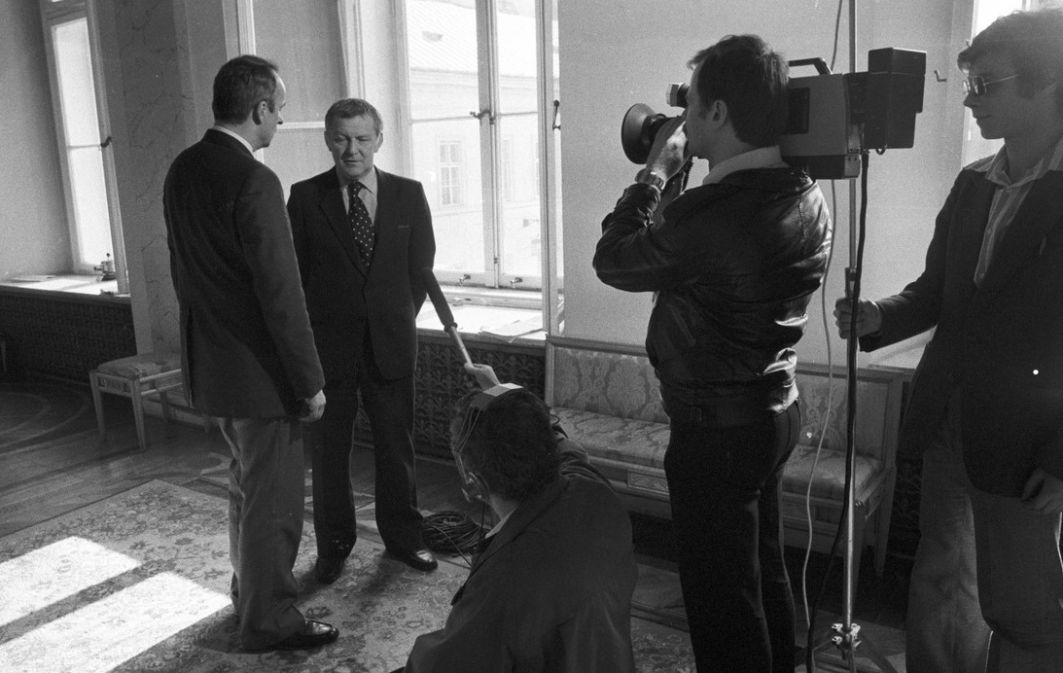When Ukrainian President Volodymyr Zelenski first mentioned the guilt of the USSR for starting World War II at the Auschwitz-Birkenau concentration camp liberation ceremony in January this year, he was answered by Russian President Vladimir Putin himself.
In his opinion, attempts to distort history - and in his view accusing the USSR is such an attempt - is "spitting in the face" of people who fought against Nazism. And if no one in Ukraine protests against Zelensky's words, it is only because they know perfectly well that if they do, "persecution will begin immediately".
 WAR IN UKRAINE
WAR IN UKRAINE 
With this exchange of words, a new phase of the Russo-Ukrainian war began. This time a war over history.
Brotherly nation
As long as the Molotov-Ribbentrop Pact and the Soviet aggression of 17 September 1939 were mainly criticised by Poland, the Russians tried to counteract by proving, for example, that it was our country that was Hitler's de facto ally and that by participating in the partition of Czechoslovakia it had itself led to the war.
Similar criticisms of the Pact from Lithuania and Latvia were countered by arguing that in fact it was the Lithuanians, Latvians and Estonians themselves who wanted to become part of the USSR.
But Ukraine is a different matter altogether. Even if there is an ongoing (or rather, smouldering) war in Donbass, the official, still prevailing standpoint of the authorities in Moscow is that Ukrainians are a brotherly nation (and, according to extreme claims, part of the great Russian nation). Maybe temporarily under nationalist rule, but the situation will change one day and Russian-Ukrainian friendship will reign again. And the axis of this friendship is the joint fight against the fascist invaders during the Great Patriotic War, i.e. the Soviet-German war.
